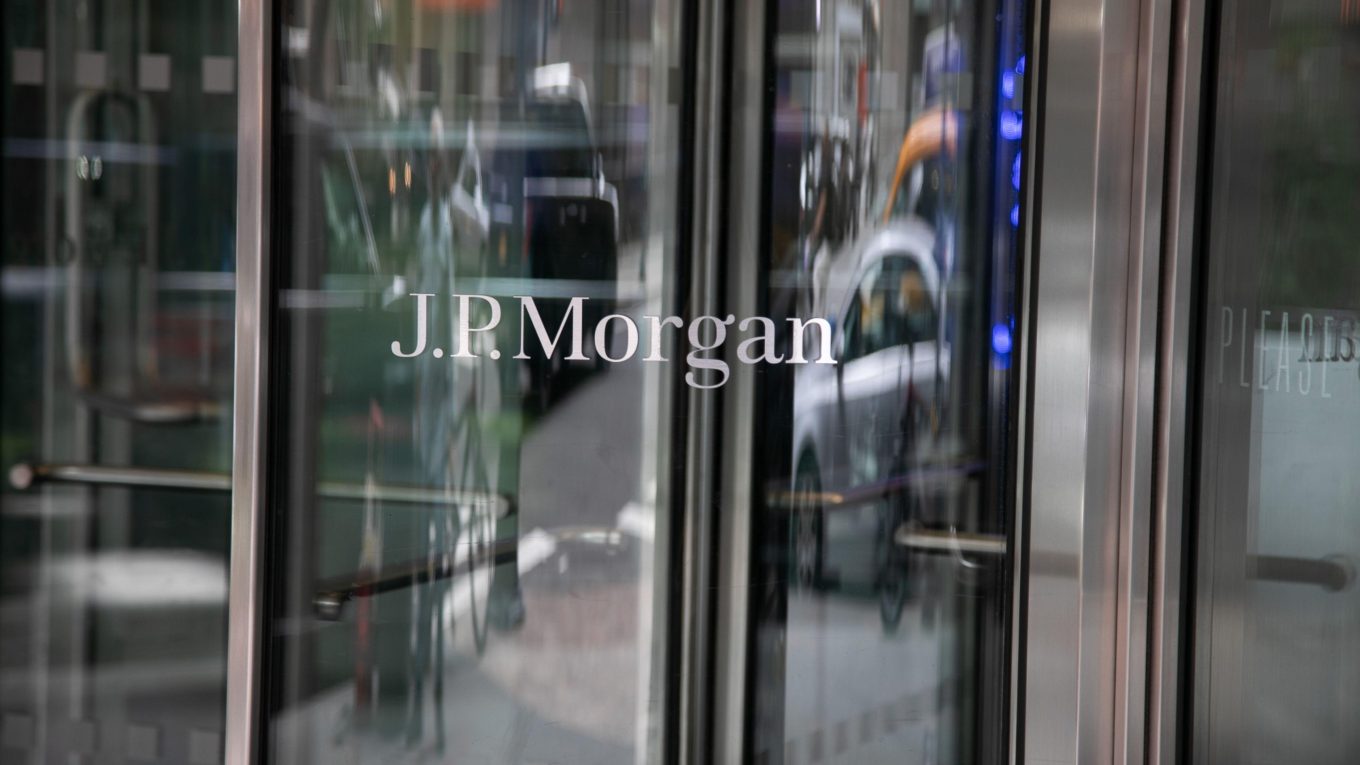JP Morgan found $1 bn in suspicious Epstein activity: US Virgin Islands
By Ava Benny-Morrison
JPMorgan Chase & Co. identified to the federal government more than $1 billion in suspicious transactions linked to Jeffrey Epstein after the financier’s death, the US Virgin Islands has alleged in its lawsuit against the bank.
The financial activity was detailed in a filing to the US Department of Treasury in 2019, a lawyer for the USVI said in federal court in Manhattan on Thursday.
The USVI says the enormous sum that propped up Epstein’s sex trafficking bolsters key allegations in its suit that JPMorgan knowingly benefited from Epstein’s wrongdoing and ignored red flags. It is the first time in the case that the sheer volume of Epstein’s financial activity at JPMorgan over a 16-year period has been disclosed.
“JPMorgan was a full-service bank for Jeffrey Epstein’s sex trafficking,” said Mimi Liu, an attorney for the USVI.
The Treasury filing was made after Epstein died in a Manhattan jail cell, a month following his arrest on sex trafficking charges in mid-2019. Epstein was a client of JPMorgan from the late 1990s to 2013, when the bank cut ties with him.
Wide Network
Epstein owned a private island in the USVI and trafficked some of his victims there. The case has exposed the breadth of his network, including the many high-profile clients he referred to JPMorgan and his political contributions to the campaigns of USVI politicians.
JPMorgan denies the suggestion it let Epstein fly under the radar and has said it reported to a federal regulator about 150 cash transactions related to Epstein between 2002 and 2013.
Even then, lawyers for the bank argued on Thursday, the USVI didn’t have legal standing to make a claim that the bank obstructed a trafficking investigation because it wasn’t a victim. The territory also didn’t point to any evidence that a federal investigation was actually obstructed, JPMorgan’s lawyers said.
In urging the judge to decide some claims in USVI’s favor without a trial, Liu said JPMorgan’s Treasury filing identified more than $1 billion in suspicious transactions dating back to 2003.
“The only reason that JPMorgan after 16 years reported the $1 billion in suspicious transactions was because he was arrested and then he was dead,” Liu said.
‘Hotly Disputed’
JPMorgan has pushed back on claims it knew or ought to have known what Epstein was doing, pointing to recent depositions taken from former and current employees that denied any knowledge of the trafficking.
“There is hotly disputed testimony and evidence,” JPMorgan attorney Felicia Ellsworth said.
The territory is seeking at least $190 million from JPMorgan, which has accused the USVI of deflecting from its own inaction in bringing Epstein to justice.
US District Judge Jed Rakoff is yet to make a decision on requests filed by both sides that he resolve claims without a trial, known as summary judgment. The case is scheduled to go to trial in October.
The case is USVI v. JPMorgan Chase Bank, 22-cv-10904-UA, US District Court, Southern District of New York (Manhattan).
(Adds Liu’s comment in second section.)
–With assistance from Bob Van Voris.
